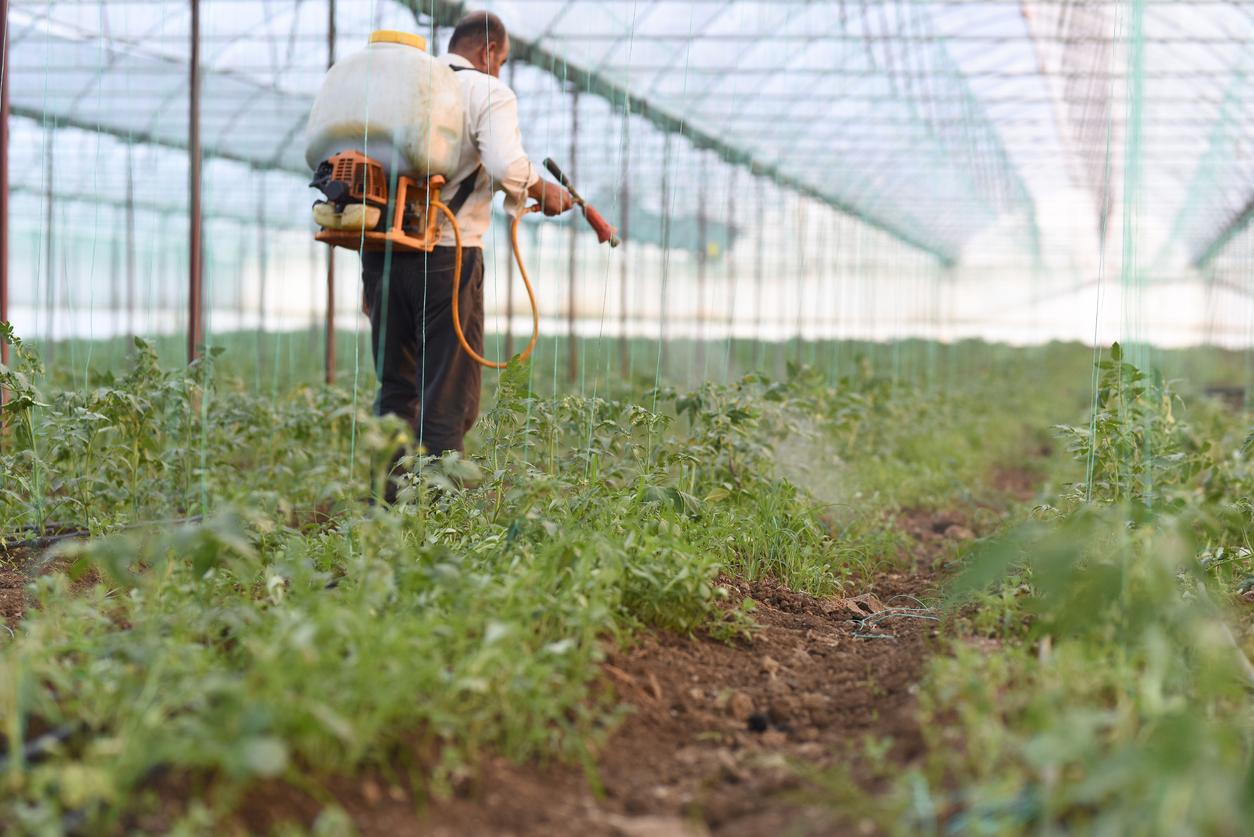
In recent years, technological innovation has improved productivity, efficiency and communications in all industries, and agriculture is no exception. The collection, analysis, and storage of data has greatly benefited ranchers and farmers, allowing them to refine their processes, increase yields and comply with regulations as they evolve. Unfortunately, there is a downside. Each of these improvements creates digital data, and protecting it is the function of cybersecurity. Agriculture insurance was designed to help you in your time of need.
Know Your Data
It may seem obvious, but the first step in protecting data is knowing where it is. Since data is created in many forms, from emails and documents to process logs and sensor information, we must consider all possible avenues. So where does your data reside? For many, hard drives on desktops are common. Network storage, servers, portable devices (such as smartphones, laptops and tablets), and IoT (Internet of Things) devices are all possible. Of these, IoT devices and sensors are perhaps the most dangerous and need protection as compromising one of these can allow access to the entire network and the data stored on it. In smart farming or precision agriculture, it is crucial that the rancher or farmer understands the path data travels, whether it involves RFID tags, automated milking machines, soil sensors, GPS monitoring of crop growth using drones or any other agricultural activity or process, including those in the entire supply chain.
Some data may reside in the cloud. If so, how does your cloud service provider manage your data? Perhaps other third parties have access to data for analysis and visualization?
As farmers and ranchers become more reliant on digitized data, they become more vulnerable to cyberattacks as well. It is not dependent on operation size, as hackers often infiltrate even small operations to reach their larger objective.
Know Your Risks
Ignoring cybersecurity is not a smart route to take as the risks are many and varied. With each innovation or automated process comes additional cybersecurity risks. Data is valuable, and the use of Big Data at a farm or ranch level can allow hackers (or perhaps hacktivists protesting GMOs) to analyze data to predict market availability and pricing – an advantage on the future market. Keep in mind that hackers can also have the disruptive motives of destroying data or holding it to ransom until financial compensation is received. Agriculture insurance is a must to properly protect your business.

